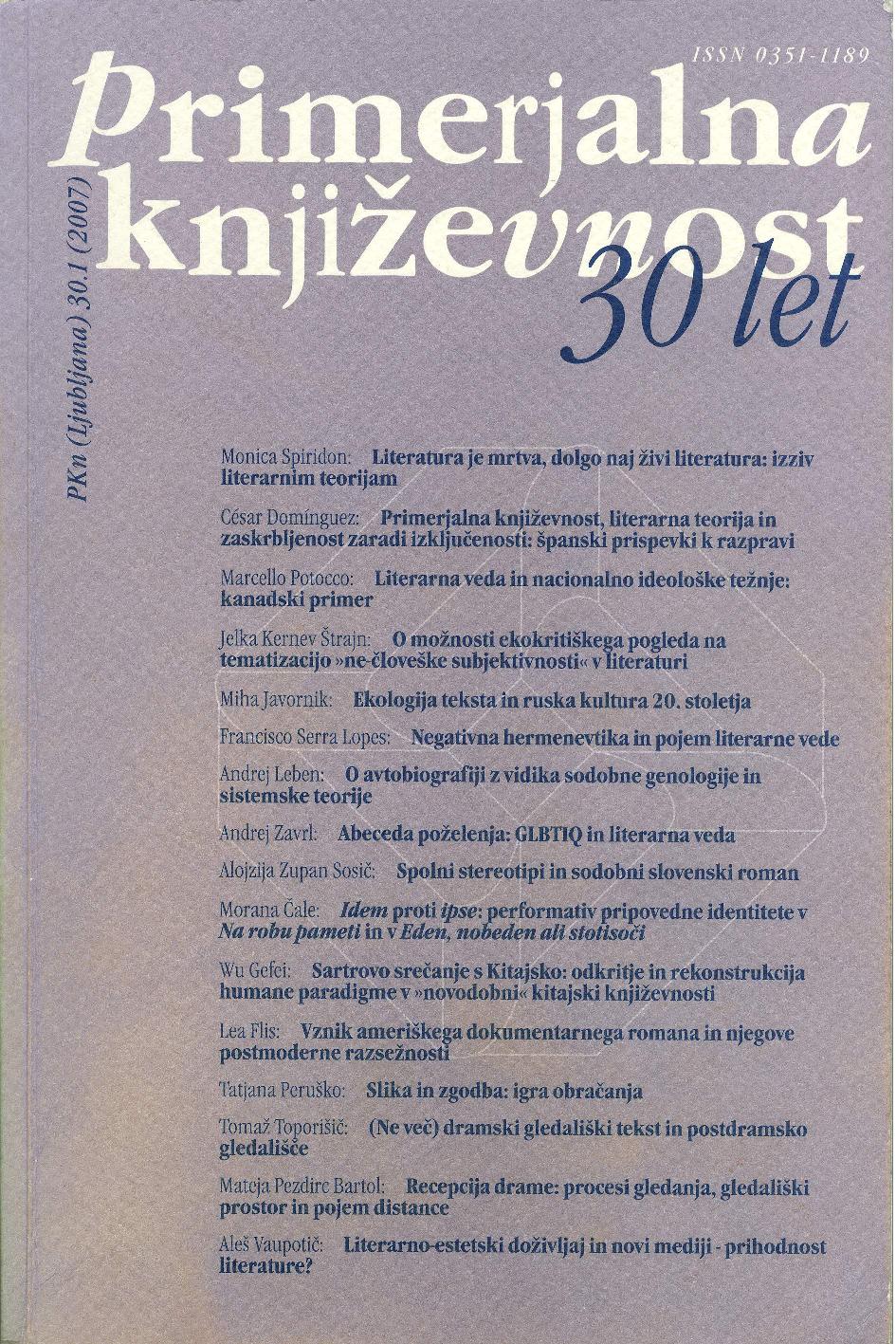Sartre's Encounter with China: Discovery and Reconstruction of the Human Paradigm in New-Era Chinese Literature
Keywords:
Chinese literature, existentialism, philosophical influences, Sartre, Jean-PaulAbstract
As one of the most influential contemporary Western cultural currents in China, Sartrean Existentialism has enlightened and deepened the literary presentation of the self and life since the beginning of the 1980s. From the late 1980s and into the 1990s, “New Realism”, “New Generation”, and “Late Generation” appeared on the literary stage, their writings indicating a kind of Sinolization of Sartrean discourses.References
Brunel, Pierre. Trans. Ge Lei & Zhang Liankui. What Is Comparative Literature?. Beijing: Beijing University Press, 1989.
Chen, Rong. Yang Yueyue he sate zhi yanjiu (Yang Yueyue and the Study of Sartre). Beijing: Writers’ Press, 1984.
Han, Shaogong. “Wenxue de ’gen’” (“The ’Roots’ of Literature”). Writers 9 (1980): 33–38.
Huang, Weilin. “Lun wanshengdai zuojia” (“On Late Generation Writers”). Literature and Art Contentions 5 (1999): 75–81.
Hu, Qiaomu. Guanyu rendaozhuyi he yihua wenti (Some Issues about Humanism and Alienation). Shanghai: Renmin Press, 1984.
Kangkang, Zhang. “Wo zenyang xie beijiguang” (“How I Wrote North Pole Light”). Wen Hui 4 (1982): 110–12.
Lavine, Thelma Z. From Socrates to Sartre: The Philosophical Quest. New York: Bantam, 1985.
Liu, Mingjiu. “Sate de yongheng jiazhi hezai?” (“Where Does Sartre’s Everlasting Value Lie?”). Book House 2 (1998): 188–89.
Lin, Zhou. “Qingxing de wenxue meng” (“The Conscious Dream of Literature”). Hua Cheng 6 (1995): 126–31.
Mao, Chongjie. “Xin shiqi wenxue cunzaizhuyi xunji” (“The Existentialist Signs in New-Era Literature”). Existential Literature and Existence in Literature. Beijing: Social Science and Literature Press, 1997. 285–308.
Pan, Jun. Dubai yu shoushi-bai (Monologues and Gestures-White). Beijing: Culture and Art Press, 2001.
Sartre, Jean-Paul. Existentialism Is Humanism. Shanghai: Shanghai Yiwen Publishing House, 1998.
Wei, Jinsheng (ed.). Xifang xiandai renxue sichao de zhendang (The Waves of Modern Western Humanism Study). Beijing: Renmin, University of China Press, 1996.
Wu, Gefei. Sate yu zhongguo xin shiqi wenxue zhong ren de cunzai tanxun (Sartre and Human Existence Inquiry in New-Era Chinese Literature). Xuzhou: China University of Mining and Technology Press, 2004.
Wu, Xiuming. “Wenxue zhuanxing zhong de sange ’zhuyi’ jiqi jiben liubian” (“Three ’-isms’ and Their Fundamental Development and Changes in the Literary Transformation”). Journal of Hainan Teachers’ College 2 (1999): 82–87.
Xu, Xiaonan. “Wan sheng de xianshizhuyi—dongxi meiyou yuyan de shenghuo de yuyan sikao” (“The Late Born Realism: Thinking of Dong Xi’s Life Without Language from the Perspective of Language”). Chinese Modern and Contemporary Literature Study 3 (1998): 152–58.
Xu, Zhiying & Ding Fan. Zhongguo xin shiqi xiaoshuo zhuchao (Mainstreams of Neo-Era Chinese Novels). Beijing: People’s Literature Press. 2002.
Yang, Guolong. “Cunzai zhexue de qitu” (“The Divergence of Existentialist Philosophy”). Shulin 1 (1990): 15–21.
Zhao, Mei. “Bie mishi le ni ziji” (“Do Not Lose Yourself”). Free Symposium of Literature 1 (1985): 87–91.
Zhang, Qinghua. Zhongguo dangdai xianfeng wenxue sichao (The Contemporary Avant-Garde Currents in China). Nanjing: Jiangsu Literature and Art Press, 1997.


